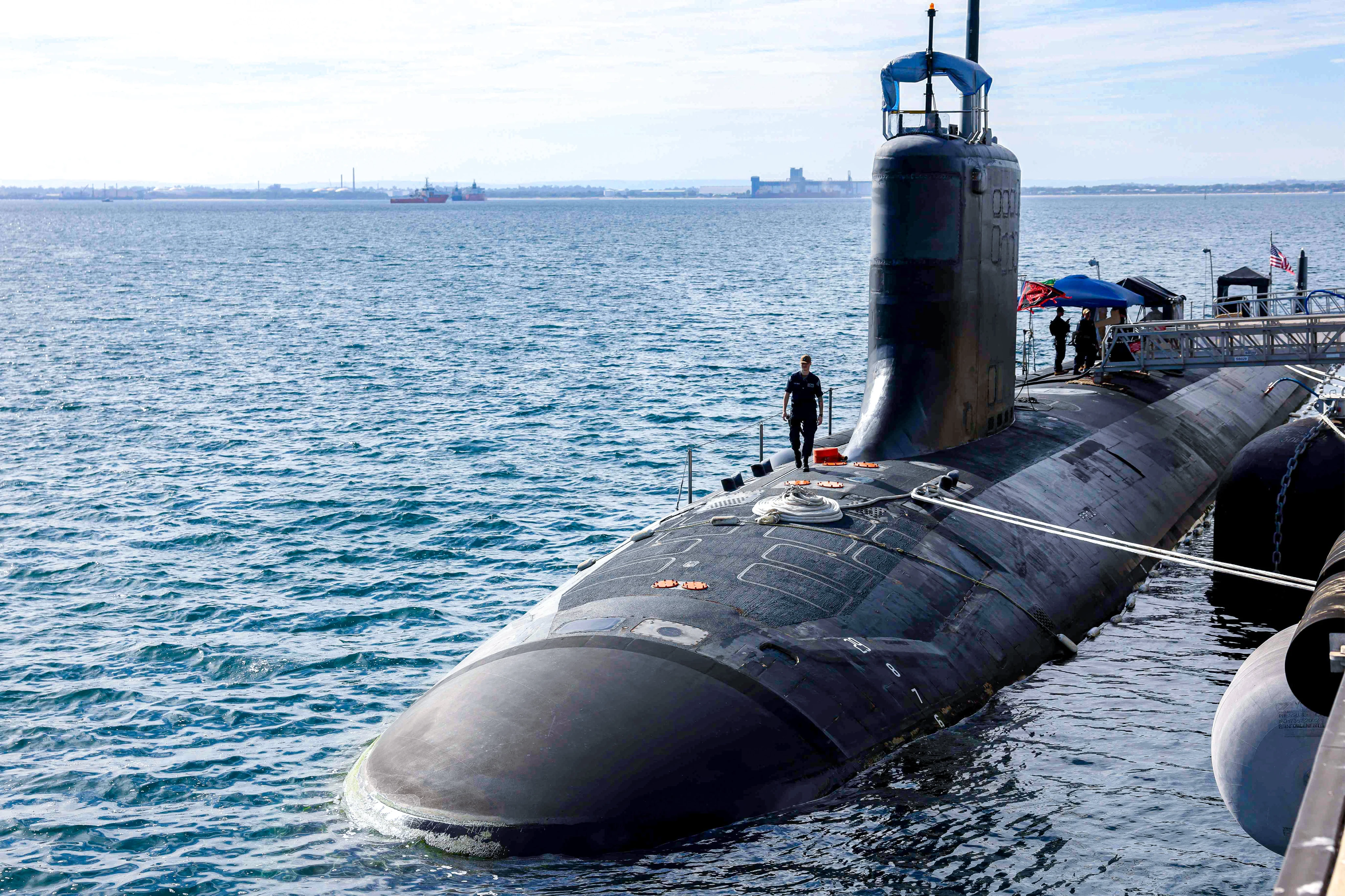By Seong Hyeon Choi
Copyright scmp

The Aukus defence technology-sharing pact between the US, Britain and Australia could be made more “sustainable”, according to the Donald Trump administration’s pick as its next assistant defence secretary for Indo-Pacific Security Affairs.
At his confirmation hearing on Tuesday, John Noh, currently deputy assistant defence secretary for East Asia, also said he “strongly” believed that Taiwan needed to “do its part and pay” by increasing its spending on defence against possible attack from Beijing.
Noh told members of the Senate Armed Services Committee that there could be opportunities for Washington, London and Canberra to modify Pillar I of the Aukus arrangement before the current review’s completion, expected this autumn.
“The department is conducting a review of Aukus to make sure it is fully aligned with President Trump’s ‘America first’ foreign policy … It is a brass-tack, common sense look at the realities facing Aukus, including the state of our submarine industrial base,” he said.
“There are things that I believe are common sense things that we can do to strengthen Aukus, to strengthen Pillar I to ensure that it is more sustainable.”
The minilateral pact is widely perceived as intended to increase the US and its allies’ capabilities in containing China’s increasing naval power. Beijing describes Aukus as a threat to regional stability.
Signed in 2021 during Joe Biden’s presidency, Aukus is divided into two pillars, with Canberra buying at least three US-made Virginia-class submarines in Pillar I, followed by the creation of an Aukus class of nuclear-powered submarines for Britain and Australia.
Pillar II revolves around the co-development of new technologies among the three nations and, potentially, bringing in other partners such as Japan, South Korea, Canada and New Zealand.
However, the US agreement to sell the Virginia-class submarines prompted concerns about American shipbuilding capacity, with an industry that is already struggling to meet its own navy’s demand.
Both Republican and Democratic lawmakers expressed concerns during the hearing about the continuing review of Aukus, initiated in July by US Undersecretary of Defence for Policy Elbridge Colby.
Committee chairman Roger Wicker, a Republican, said the review came as a “distressing surprise to our steadfast ally Australia”.
“I’m disappointed with some of the decisions the department has made with respect to our allies in Japan, South Korea, Australia and Taiwan. A few of these choices have left me scratching my head,” Wicker said.
In Tuesday’s hearing, the senators also expressed concerns about the policy of providing arms to Taiwan. The Washington Post reported last month that Trump had paused US$400 million in military aid to the island.
Beijing sees Taiwan as part of its territory and has never ruled out the use of force to bring it under mainland Chinese control. The US, like most nations, does not recognise Taiwan as an independent state but is opposed to any forcible change to the status quo and is committed to providing arms for its defence.
“A number of us are concerned that [the department] may be using the Ukraine playbook with Taiwan by taking defence items procured with presidential drawdown authority [PDA] and returning them to the defence stockpile,” Wicker said.
“This would be contrary to Congressional intent and would require Taiwan to purchase these items that have already been authorised as PDA.”
Noh responded that, while he was the “biggest advocate” for making sure the US had all the resources to strengthen deterrence in the Indo-Pacific, he “strongly believes [Taiwan needs to] do its part and to pay,” by increasing its spending to defend itself from Beijing.
“It was President Trump who said that Taiwan – which is an island that faces an existential threat from the People’s Liberation Army, from the Chinese military – that Taiwan should spend upwards of 10 per cent of its GDP on defence. I strongly support that,” Noh said.
“We need to make sure that our allies and partners in the region are doing more, spending more and doing their part,” he added.
In his written answers to the committee’s policy questions submitted in advance, Noh expressed his support for Trump’s policy of pressuring allies to invest more in defence, arguing that Asia-Pacific countries needed to take more responsibility.
According to media reporting in July, Colby demanded that Japan and Australia clarify what role they would play if Washington and Beijing were to engage militarily over Taiwan.
He has also repeatedly argued that the 28,500 US troops stationed in South Korea must be used to contain the threat posed by China’s military, leaving Seoul to defend itself against Pyongyang.
The US does not have enough resources to defend against China and North Korea simultaneously, in Colby’s view.